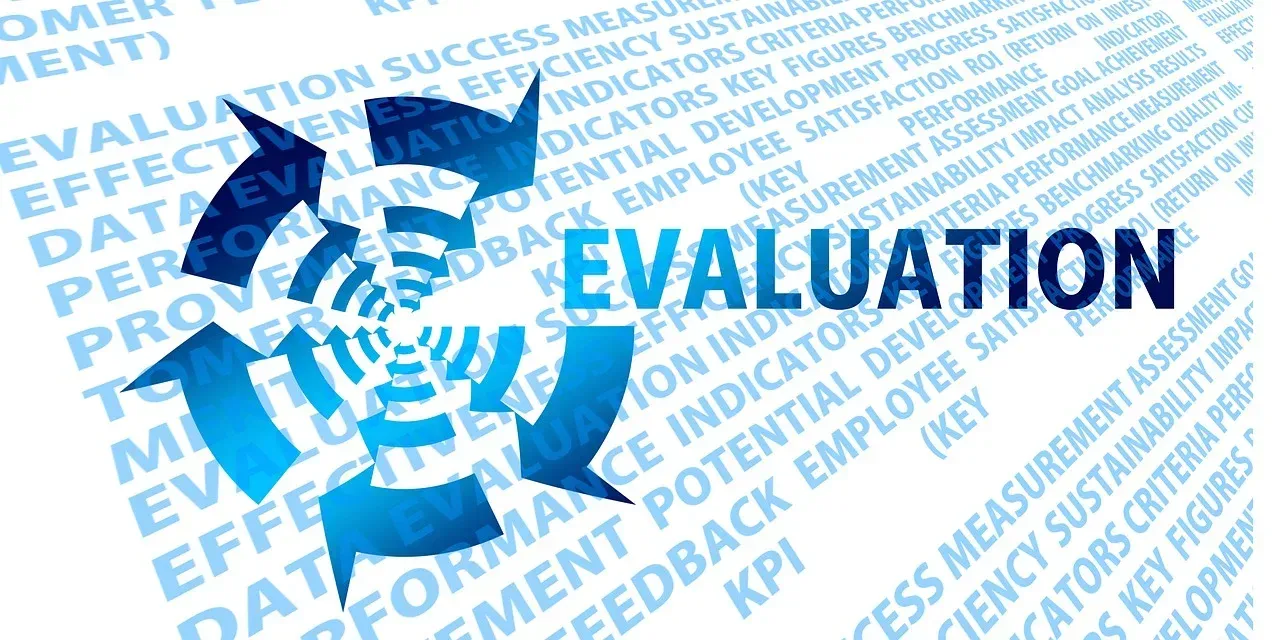Unmasking Media Manipulation: Business Leadership Lessons from Orwell's '1984

George Orwell's masterpiece "1984" serves as a powerful cautionary tale about the hauntingly relevant exploration of the power of totalitarian regimes to control their citizens, the manipulation of information, and the consequences of unchecked media control. While primarily a dystopian novel, its themes of media manipulation hold valuable insights for modern business leaders. In this blog, I will explore how the Party controls its citizens through media in the novel and draw parallels to the role of media manipulation in business operations today.
Media as a Tool of Control in '1984':
1. Rewriting Reality: The Ministry of Truth:
In "1984," the Party's Ministry of Truth fabricates and alters information to maintain control over history and shape the narrative. Today's businesses can draw parallels to this manipulation when they present skewed or fabricated information to stakeholders, customers, and employees to portray a more favorable image.
2. Distorted Language: Newspeak and Branding:
Newspeak, a language in the novel that limits expression finds a parallel in corporate branding and messaging. Businesses often use specific language to shape public perception, encouraging conformity to the desired image or ideology.
3. Surveillance and Propaganda: The Telescreens:
Telescreens in "1984" act as surveillance devices and disseminators of propaganda. In business, a similar phenomenon occurs through targeted advertising and data collection, which allows companies to monitor consumer behaviors and preferences while shaping purchasing decisions.
4. Controlling Thought: Doublethink and Groupthink:
The concept of doublethink in the novel involves holding contradictory beliefs simultaneously. This aligns with the phenomenon of groupthink in business, where individuals conform to a group's opinions or decisions, even when these go against their own instincts.
Relevance of '1984' in Modern Business:
1. Manipulation of Company Image:
Businesses today can be tempted to manipulate their public image through selective communication or marketing tactics. This can lead to a distorted perception of the company's values and practices.
2. Brand Storytelling and Messaging:
While storytelling is essential for brand building, it's crucial to ensure that narratives accurately represent the company's identity and values. Manipulative messaging can lead to skepticism and mistrust among customers and employees.
3. Influence of Social Media and Digital Platforms:
In the digital age, businesses wield significant influence through social media platforms. However, the misuse of these platforms, such as spreading false information or promoting polarizing content, can damage a company's reputation.
4. Navigating Ethical Dilemmas:
Just as characters in "1984" grapple with ethical dilemmas, businesses often face decisions that involve balancing profit motives with ethical considerations. Transparent communication and ethical decision-making are essential to maintaining trust with stakeholders.
Conclusion:
George Orwell's "1984" offers a stark reminder of the dangers of media manipulation and its potential to shape perceptions, control narratives, and undermine independent thought. For businesses, the parallels are evident: the manipulation of information can lead to compromised values, erosion of trust, and a disconnect between rhetoric and reality. By drawing insights from "1984," business leaders can emphasize transparency, ethical communication, and genuine engagement to build lasting relationships with customers, employees, and stakeholders, ultimately fostering a culture of authenticity and accountability.
You might also like




